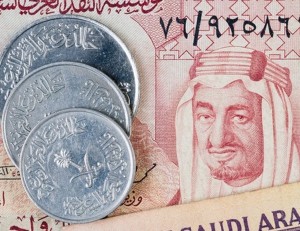There are extensive business opportunities in Libya for foreign companies even though the country still faces many challenges including endemic corruption and smuggling which accounts for 40 percent of GDP and is equivalent to the defence budget. This is of great concern to Libya's neighbours and to Libya itself.
That was the message from experts who addressed a political and economic business briefing on the country hosted by the Middle East Association (MEA) in London this week. The MEA has been at the forefront of UK commercial engagement with the Middle East and North Africa for over 50 years and has sponsored a number of trade missions to Libya.
In its introduction to the briefing the MEA noted that Libya is Africa's second largest oil producer and a major gas producer with a huge potential to develop its economy. The dramatic turn of events in 2011 which led to the overthrow of the Gaddafi regime and the creation of the National Transitional Council should help to create a more transparent Libyan economy which is open to development and diversification.
In addition to oil and gas there continue to be strong opportunities in education and training, construction, infrastructure, banking, legal services, healthcare and IT. All these areas will continue to play an important role in the rebuilding of a new Libya.
Although the economy contracted by 27.9% in 2011, it is estimated that growth will recover to an average of 13.8% a year in 2012-16. The raising of UN sanctions on Libya's financial reserves and the recovery of its oil production and exports will enable the Libyan private sector to grow and will provide many business opportunities for UK companies.
The briefing provided a timely examination of the key political and economic questions facing Libya and offered frank advice about the practicalities of doing business in Libya.
It was addressed by:
*Sir Richard Dalton an Associate Fellow, Middle East and North Africa Programme at the Royal Institute of International Affairs (Chatham House). Between 1999 - 2002 he was British ambassador to Libya.





